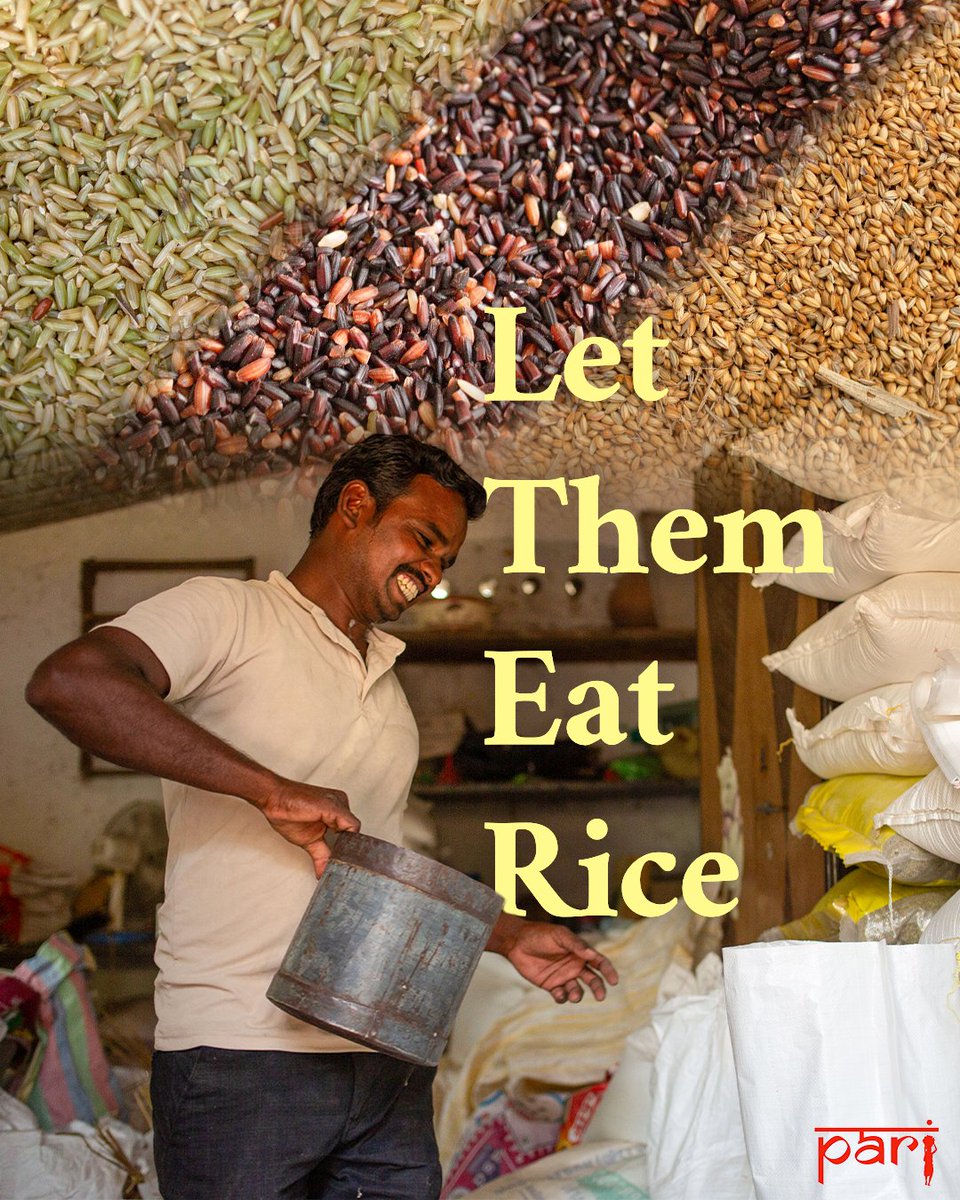THREAD: Stories of teachers who work against incredible odds in the remotest corners of India for nothing in return. #TeachersDay
1/ This teacher juggles three jobs to run a free tuition centre for the children of manual scavengers
ruralindiaonline.org/articles/a-tui…
1/ This teacher juggles three jobs to run a free tuition centre for the children of manual scavengers
ruralindiaonline.org/articles/a-tui…
2/ Like many other schools, this one in Idukki district runs classes 1-4 combined in a single room. Headed by a truly wonderful teacher, severely underpaid, heavily overworked, battling impossible conditions, but dedicated to her flock.
ruralindiaonline.org/articles/the-p…
ruralindiaonline.org/articles/the-p…
3/ Only 0.9% of rural Adivasi women have a graduate degree. Shanthi Kunjan, a primary school teacher in Gudalur, has one. She is on a mission to make education for tribal students to be relevant and accessible.
ruralindiaonline.org/articles/the-f…
ruralindiaonline.org/articles/the-f…
4/ Reba Murmu, a graduate from a Santal farm family in West Bengal's Chachanpur village, leased some of her land to start an alternative school because she believes a good education will help Adivasis move forward
ruralindiaonline.org/articles/a-sch…
ruralindiaonline.org/articles/a-sch…
5/ This “informal” higher secondary school in Dadhre village, Maharashtra is an important local source of education. It was started in 2013 by a 37-year-old teacher, Pralhad Kathole, and four others, to enable students to continue studying.
ruralindiaonline.org/articles/pytha…
ruralindiaonline.org/articles/pytha…
• • •
Missing some Tweet in this thread? You can try to
force a refresh






















